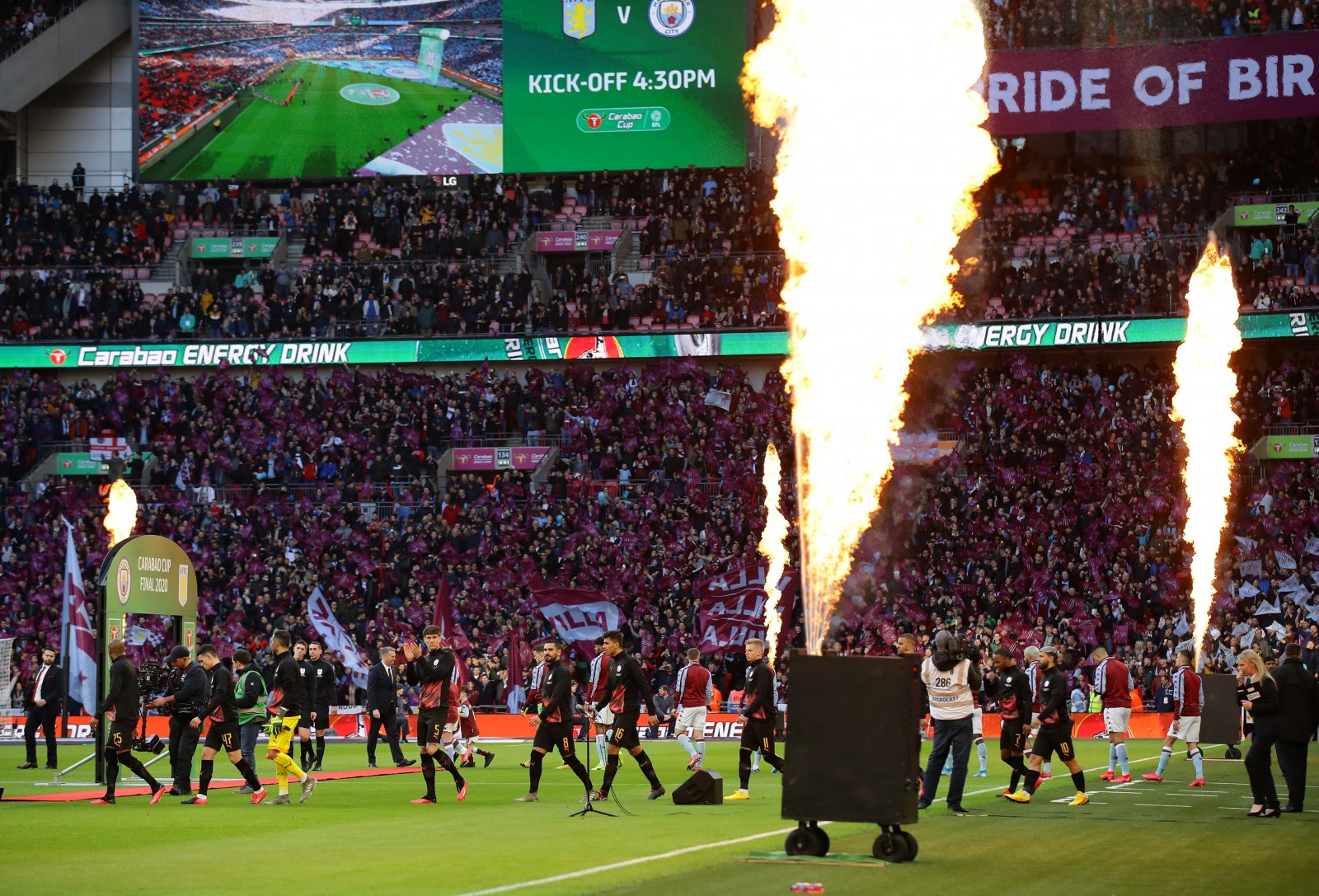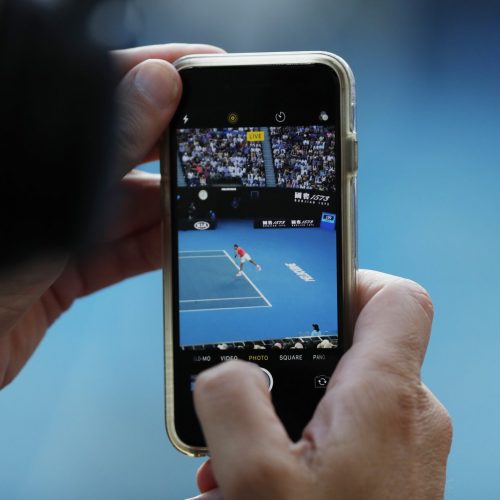Going for gold: How travel brands can leverage major sporting events
By Carolyn Corda, Chief Marketing Officer, ADARA
2020 is set to be a big year for sport. Euro 2020 will tour a series of European countries, with Londoners particularly excited about the final being held at Wembley stadium. Meanwhile, later in the year, Japan is set to host both the Olympics and Paralympics. Adding these events to the usual annual sporting tournaments, including Wimbledon, the FA Cup and the Champions League and it’s clear to see that the sporting calendar is busier than ever.
Of course, there is still a huge amount of uncertainty as to whether these events will take place based on the recent Coronavirus (COVID-19) outbreak, and marketers need to consider this in their strategies, but learnings from recent events can be applied once this has settled.
The growth in sports tourism
For each of these events, fans travel from all over the world, with sports tourism being widespread globally. On average, sports tourism accounts for around 12 to 15 million international travellers each year, and it’s on the rise with an average 6% growth each year. According to the UNWTO, sports tourism makes up 10% of international travel and tourism receipts, which is worth US$800 billion globally.
With so much international sport to enjoy, it’s a golden opportunity for travel brands to tap into the potential these passionate fans present, not least because sport isn’t the only thing on their mind. Understanding what travelling fans want during major sporting events is key to unlocking that potential. To find out, ADARA analysed traveller data around the 2019 Rugby World Cup, hosted in Japan, and also looked at prospective traveller data for the 2020 Olympics, also being held in Japan.
What brands can learn from the 2019 Rugby World Cup
Research into sports fans attending the 2019 Rugby World Cup by ADARA found that travellers who travelled further wanted to make the most of their trip, spending longer and visiting multiple locations. Travellers from the US stayed for around 16 days, while Canadian travellers stayed for around 24 days. These travellers also visited multiple cities and hotels during their trip, with the average hotel booking being a mere three days.
Travel brands can leverage this information by creating marketing campaigns for fans, that allow them to see offers for tourist attractions near sporting tournaments. Travel brands can also use search and booking data in order to identify and send personalised offers to where sports fans are travelling or wanting to travel while watching their favourite sport team. For example, travel brands can send marketing messages or offers to sports fans planning to visit Tokyo for the 2020 Olympics including information on tourist attractions outside of the city such as Mount Fuji and Osaka Castle.
Looking ahead to the 2020 Olympics
With the 2020 Olympics months away, ADARA also delved into the traveller patterns of sports fans planning to attend the games. The research compared bookings and searches to two Tokyo airports, Narita and Haneda, in the last five months of 2019. It found that Americans were the most Olympic-ready with 35.5% searching for flights. French travellers followed far behind (with 7.6%), then came those from the UK (with 4.7%), Germany (4.2%), and Mexico (3.9%).
What became most apparent was that almost half (49%) of those searching for flights to the 2020 Olympics were booking solo, which means that brands should tailor their marketing strategies to account for this behaviour. Companies should, therefore, highlight trips focussed on adventure and discovery, rather than family or friendship to this set of travellers.
Where are sports fans putting their money?
Sporting events are an expensive affair, for example nearly half of all hotel reservations, around the Rugby World Cup, were made by elite level hotel loyalty scheme members. Elite travellers (those taking at least nine flights and booking six hotel stays a year) made up 33% of Rugby World Cup tourism last year and are due to make up 18% of future Olympics attendees.
Travel brands need to start understanding these elite travellers who take longer searching than non-elite travellers to book a room. Research has found that elite travellers search for around four days before making a reservation, which tends to happen after they have booked their flights and around 23 days prior to the trip. By understanding this, marketers can understand the best time to engage with elite travellers, giving them information on services when they are most likely to book.
The key to devising effective strategies to target sports fans is by delving into how they pay for, plan and organise their sporting travel experience. Personalised promotional offers, direct email marketing campaigns and appropriate recommendations based on previous events, help marketers take advantage of these valuable opportunities. This allows these brands to deliver an experience that is compelling, relevant and unique from the moment of search, until the flight back home.
About author
You might also like
The seven essentials for achieving successful sports branding
By Daniela McVicker When it comes to sports, great branding is a must. Your brand influences how people see your company or team. It helps you to forge connections with
Live Chat: A New Social Experience in Sports
Article written by John S. Kim, CEO and co-founder of global API company SendBird Social media rose to prominence throughout the world due to its potential for connection. Social channels provided the
Snack Media’s Football Content Campaign’s Review: February
By Mike Constanti This series, in partnership with Snack Media, will look at the best football campaigns from advertising to social media on a monthly basis, as Digital Sport evaluates how








